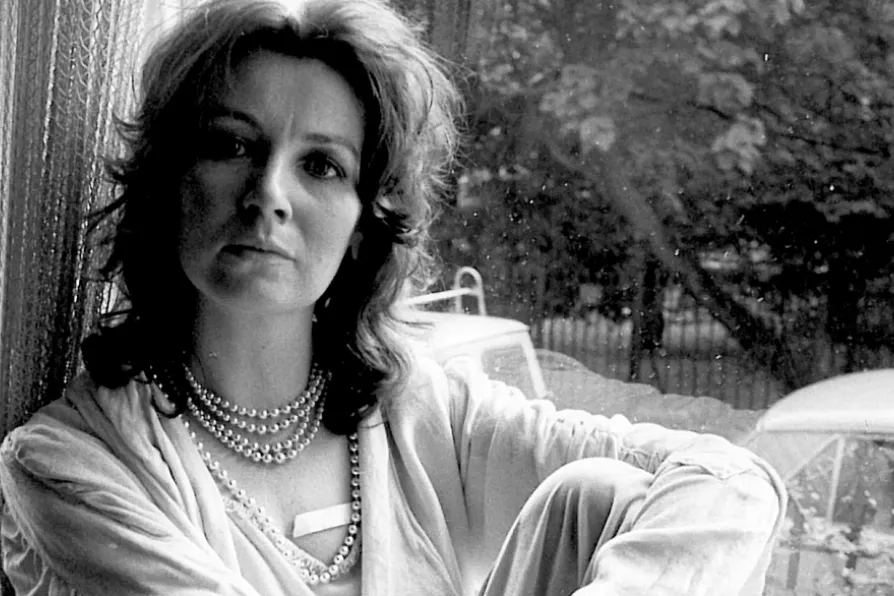Releases from Rahsaan Roland Kirk, Maggie Nicols/Robert Mitchell/Alya Al Sultani, and Gordon Beck Trio and Quintet
Blue Road: The Edna O’Brien Story
A beautifully-crafted documentary from Sinéad O’Shea

 Edna O'Brien in London, 1971
Edna O'Brien in London, 1971
Blue Road: The Edna O’Brien Story
Directed by Sinéad O’Shea
ONE of Ireland’s most important 20th-century novelists and a woman of verve, intelligence and wit, Edna O’Brien is memorialised fittingly in Sinead O’Shea’s beautifully crafted documentary.
Similar stories

MARIA DUARTE and ANGUS REID review Friendship, Four Letters of Love, Tin Soldier and The Ballad of Suzanne Cesaire

The Star's critic MARIA DUARTE reviews Sebastian, Four Mothers, Restless, and The Most Precious of Cargoes

Reviews of Ella Fitzgerald, My Morning Jacket, and Toria Wooff

The Star's critic MARIA DUARTE Reviews of Twiggy, Mickey 17, Day of the Fight, and Marching Powder










